The FDA is a food and drug administration governing authority that exists to protect and promote the general public against unsafe consumables, including prescription and over the counter medicines. The FDA are responsible for regulating and supervising the health and protection of the general public, it’s meant to be simple, if you see it’s FDA approved, you know you’re in safe hands. So with so much controversy at the moment surrounding the dangers of using testosterone treatments, it’s a little surprising that they have just approved Endo’s new Low T therapy, Aveed. Are Low T treatments safe or not? Do they cause strokes and other heart conditions or not? A little confused what all this means? So are we…
First of all, let’s talk about Aveed, the newly approved Endo drug. Aveed contains testosterone undecanoate and is a prescription treatment for male hypogonadism and Low T in adult men. It comes in the form of an intramuscular injection that is administered 3+ times during the treatment course – at the beginning of the treatment course, after 4 weeks, after 10 weeks and then every 10 weeks after that. Whilst it took 4 rounds of approvals and numerous petitions for this to go through it has now been approved, with a big warning label about POME and allergic reactions on the packaging.
Now let’s talk about the recent health implications that are dominating the news: Recently there have been a few studies connecting low testosterone treatments to cardiovascular issues. One study, done by JAMA, suggested as much as a 30% increase in risk of stroke and heart attacks. Another study, conducted by PLOS, implied that men over 65 years old could even double their chances of stroke and heart attack. However, how reliable are these studies? They appear to be a little flawed: The studies were not conducted in a clinical setting and the patient history was not taken into consideration. Many patients had pre-existing heart conditions and many were also over the age of 65, a likely age where one might start to develop heart disease naturally. These patients were more at risk of stroke and heart attack but it’s interesting to see that those younger than 65 with no previous history of heart conditions did not seem to face any increased risk. Those over 65 faced a minimal increased risk.
The studies also failed to measure the physical fitness of the applicants before they started taking part in the study. Why is this important? It’s likely that Low T suffering males over 65 also suffer from low energy levels and lead relatively stationary lifestyles. Once testosterone levels react to treatment, energy levels increase and a more active lifestyle prevails. Walking, running and exercising can cause elevated pressure on an unconditioned heart as it undergoes the transition from stationary to active lifestyle, therefore creating a higher risk of developing stroke or heart attack.
So with all this to consider, is it safe or not to treat your low T, whether it be with topical testosterone or injectable testosterone? In our opinion, as long as you live an active lifestyle and have no history of previous heart conditions you should be just fine.

